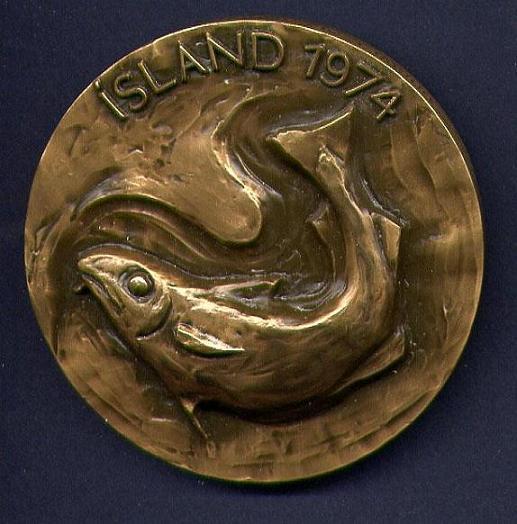Submarine Security Clearances: Were You Insulted by Non-Disclosure Agreements?
MIAMI (AP) - Attorneys for Jose Padilla, the U.S. citizen accused of being part of a North American terror support cell, had agreed to abide by a court order that sharply restricts the use and dissemination of classified evidence, which can be a crime under the federal Classified Information Procedures Act. Defense lawyers must also undergo background checks for security clearances and view the material (outlined below) in a secure room at the Miami federal courthouse.
The Justice Department had wanted the lawyers to sign a "memorandum of understanding" spelling out in detail what they can and cannot do with the secret evidence: never reveal anything classified and to shred copies of classified evidence, among other restrictions.
U.S. District Judge Marcia Cooke rejected requiring lawyers to sign special security documents regarding handling of secret evidence, because she considers the proposed agreement heavy-handed and unnecessary.
"There is no legal basis for it," said Anthony Natale, "We view it as an insult to us and an insult to our integrity." Natale, a public defender, is part of Padilla's defense team.
Well, Mr. Natale, your integrity and insult can be no greater than members of the silent service, for example, who have never considered individual accountability for classified information as personally insulting.
++++++++++++++++++++++++++++++++++++++
Classified material expected to come up in Padilla's trial (partial):
+ Results of surveillance conducted by the FBI in a separate investigation authorized by the Foreign Intelligence Surveillance Court, which oversees eavesdropping and other monitoring of suspected foreign agents in the United States.
+ A request to limit questions by defense attorneys of a witness about the "chain of custody" of a specific piece of evidence. No other details were given, but questions have been raised by defense lawyers about a "mujahideen data form" Padilla allegedly filled out to attend an al-Qaida training camp in Afghanistan.
+ Information provided to the U.S. by an unspecified foreign government. The material may eventually be declassified, prosecutors said.
+ Written and recorded statements Padilla made while in military custody in Charleston, S.C. Some information about Padilla's interrogations has already been made public and the Justice Department is seeking declassification of most of the remaining evidence.


1 Comments:
Thank you for bring that point up.
Post a Comment
<< Home